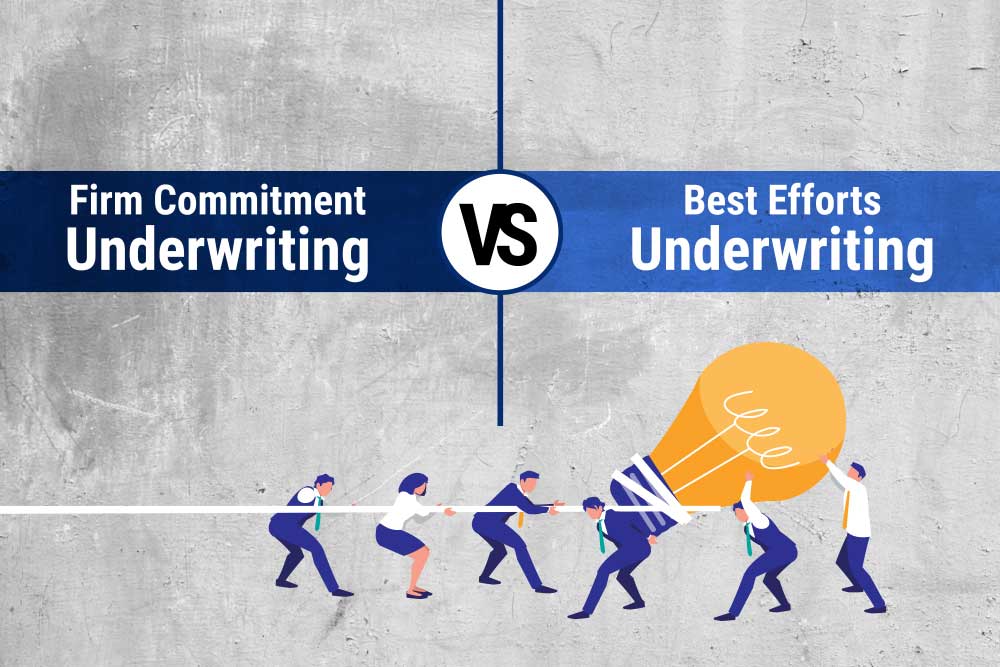Firm commitment underwriting is when the underwriter agrees to purchase all the securities being issued by the issuer and then resell them to investors. In this case, the underwriter takes on the risk of not being able to resell the securities at a profit, making it suitable for larger, more stable companies.
Best efforts underwriting is when the underwriter does not guarantee the purchase of all the securities being issued. Instead, they try their best to sell as many as possible, and the issuer may have to sell any remaining securities themselves. This approach is more suitable for smaller companies that may have trouble attracting buyers.
The advantages of firm commitment underwriting are that the issuer gets guaranteed funding and does not have to worry about unsold securities. The disadvantage is that it can be more expensive due to the underwriter taking on more risk.
The advantages of best efforts underwriting are that it is usually more cost-effective and can be tailored to the issuer’s needs. The disadvantage is that there is no guarantee of funding, and the issuer may have to sell remaining securities themselves.







